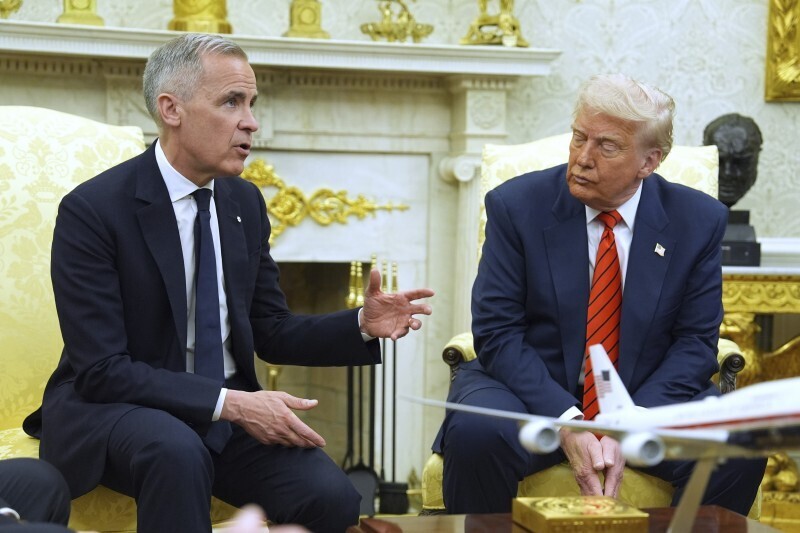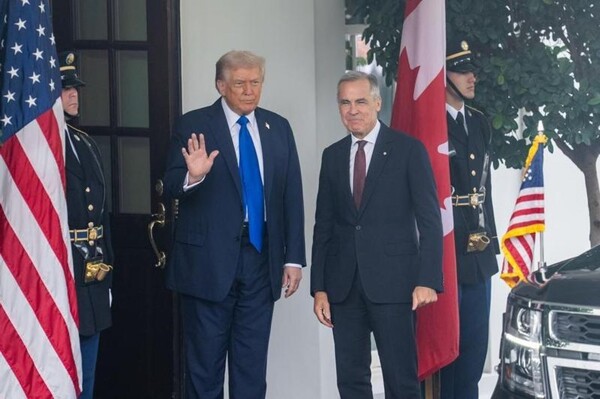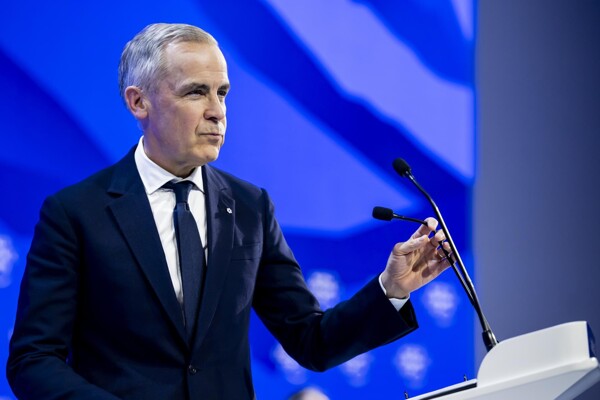
President Donald Trump has repeatedly suggested that Canada could be annexed to the United States, even mentioning the possibility of making it the 51st state. Amid trade tensions and negotiations for the USMCA, these provocations have created a nationalist atmosphere in Canada, benefiting the liberals led by Mark Carney in the elections.
During a summit in Washington, Trump listed the potential benefits for Canadians if they joined the United States, arguing that the border between the two countries is "artificial." However, in response to these threats, Canada imposed tariffs on American products worth $42 billion.
Secretary of State Marco Rubio has also faced criticism for supporting the annexation idea proposed by Trump. Despite this, the Canadian government has made it clear that the country's sovereignty is not up for discussion and has defended its stance.
It's worth noting that Canada accounts for 17% of U.S. exports and is the largest foreign supplier of crude oil to the United States. The trade deficit between the two countries is expected to reach $45 billion in 2024, largely due to U.S. energy demand.
Despite the tensions, Prime Minister Mark Carney and Donald Trump met at the White House in a gathering that had a friendly tone but was not without discord. Trump has imposed tariffs on Canadian products and hinted at the possibility of an annexation, sparking a series of criticisms and debates that call into question the relationship between both nations.













